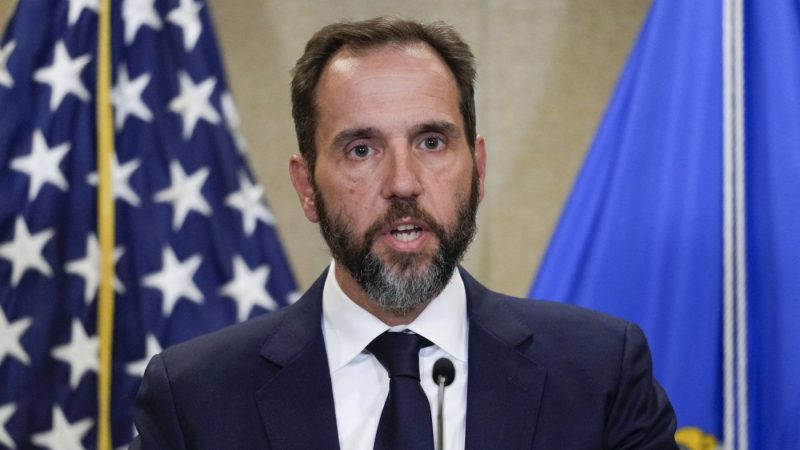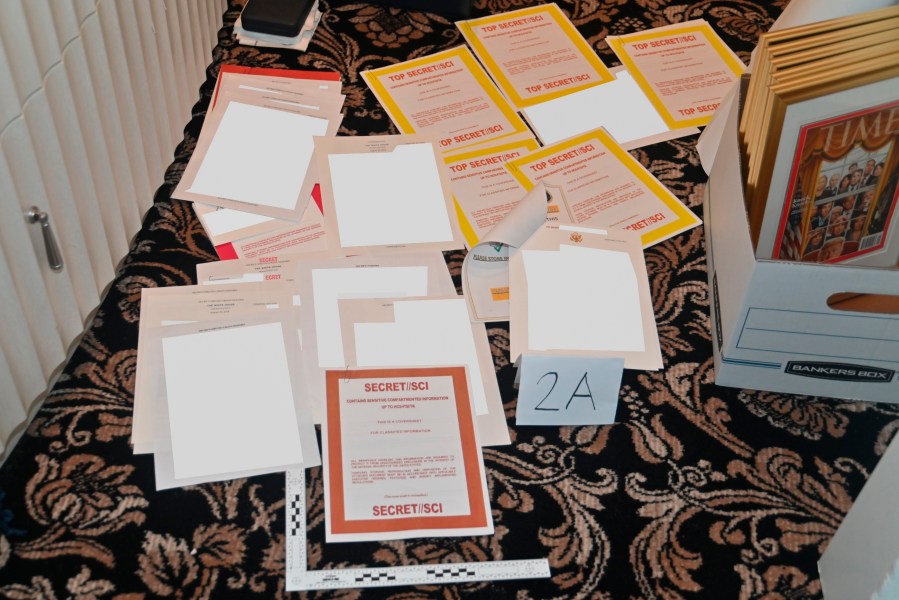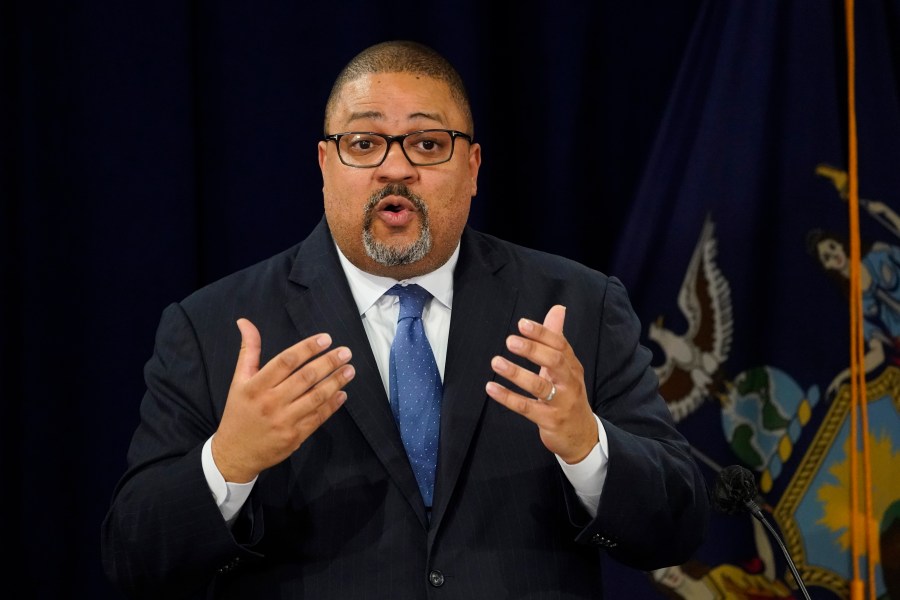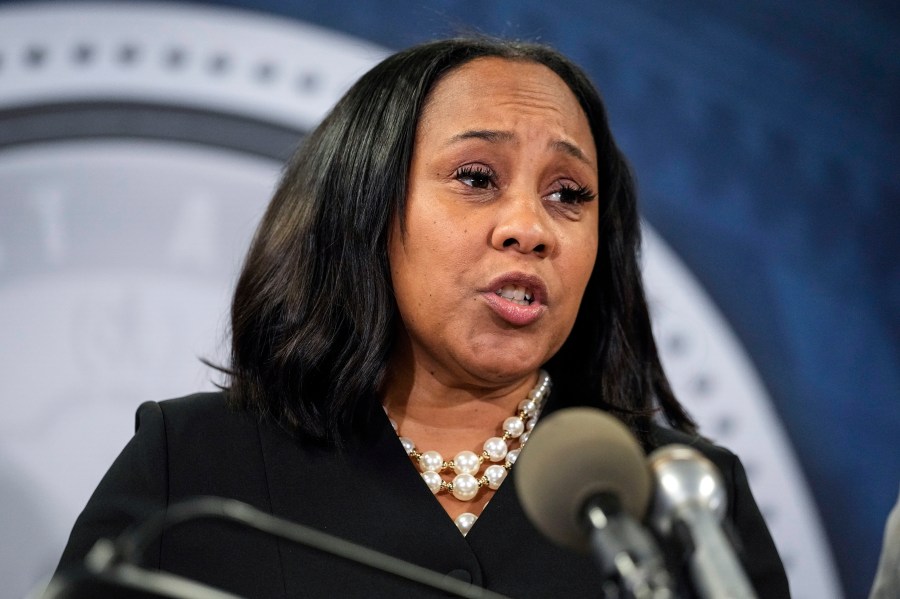Where the cases against Trump stand after Supreme Court ruling
- Four cases against the former president hang in limbo after the ruling
- The court’s decision gave former presidents broad immunity protections
- Trump has denied wrongdoing in all of the cases

ATLANTA, GEORGIA – JUNE 27: Republican presidential candidate, former U.S. President Donald Trump participates in the CNN Presidential Debate at the CNN Studios on June 27, 2024 in Atlanta, Georgia. Former President Trump and U.S. President Joe Biden are facing off in the first presidential debate of the 2024 campaign. (Photo by Justin Sullivan/Getty Images)
(NewsNation) — With the Supreme Court’s landmark decision granting former presidents broad immunity from prosecution, Donald Trump’s multiple legal battles have become even more complicated — or far less.
Special counsel Jack Smith is leading the two federal inquiries of the former president, both of which have already led to criminal charges.
Here’s a look at Trump’s cases and how the Supreme Court decision could affect what comes next.
Justice Department: 2020 election interference case
The Washington case focuses on Trump’s alleged efforts to overturn the 2020 election after he lost to President Joe Biden.
The Supreme Court’s ruling makes it all but certain that the 2024 presumptive GOP presidential nominee will not face trial in Washington ahead of the November election.
The Court did not dismiss — as Trump had wanted — the indictment alleging he illegally schemed to cling to power after he lost to President Joe Biden. However, the ruling still amounts to a major victory for the presumptive Republican presidential nominee, whose legal strategy has focused on delaying the proceedings until after the election.

The timing of the trial matters because if Trump defeats Biden, he could appoint an attorney general who would seek the dismissal of this case and the other federal prosecutions he faces. Trump could also potentially order a pardon for himself.
Justice Department: Mar-a-Lago documents case
Trump was supposed to stand trial starting in May in the other case brought by Smith over classified documents found at Trump’s Mar-a-Lago estate after he left the White House. But U.S. District Judge Aileen Cannon canceled the trial date as the case got bogged down with legal issues. She has yet to schedule a new one. That case, too, involves a claim by the Trump team of immunity that prosecutors have disputed.

Last week, Cannon set the stage for further delays by agreeing to revisit a ruling by another judge that permitted crucial evidence related to allegations of obstruction of justice by Trump to be introduced into the case.
One of the arguments Cannon has entertained — that Smith was illegally appointed and that the case should be dismissed — got little traction with the Supreme Court.
A separate concurrence from Justice Clarence Thomas concluded that Smith’s appointment was improper, but no other justice agreed with that conclusion.
New York: Hush Money Case
In May, Trump became the first former president to be convicted of a felony. He was found guilty in a New York court of falsifying business records to cover up a hush money payment made during the 2016 presidential election to an adult film actress who says she had sex with him, which he denies. After the Supreme Court’s ruling, Trump’s lawyers asked the New York judge who presided over that trial to set aside his conviction and delay his sentencing.

Trump had been scheduled to face sentencing July 11, just before the Republicans’ nominating convention. The postponement sets the sentencing for Sept. 18 at the earliest — if it happens at all since Trump’s lawyers are arguing that the Supreme Court ruling merits not only delaying the sentencing but tossing out his conviction.
Georgia: Fulton County RICO Case
An appeals court had already halted the Georgia election interference case against Trump and others while it reviews the lower court judge’s ruling allowing Fulton County District Attorney Fani Willis to remain on the case. That decision was made before the Supreme Court’s immunity ruling.

Willis brought a racketeering case against Trump and 18 others, alleging a conspiracy with the aim of stealing the 2020 election.
The Georgia Court of Appeals’ order prevents Fulton County Superior Court Judge Scott McAfee from moving forward with pretrial motions as he had planned while the appeal is pending. While it was already unlikely that the case would go to trial before the November general election, when Trump is expected to be the Republican nominee for president, this makes that even more certain.
The Associated Press contributed to this report.










